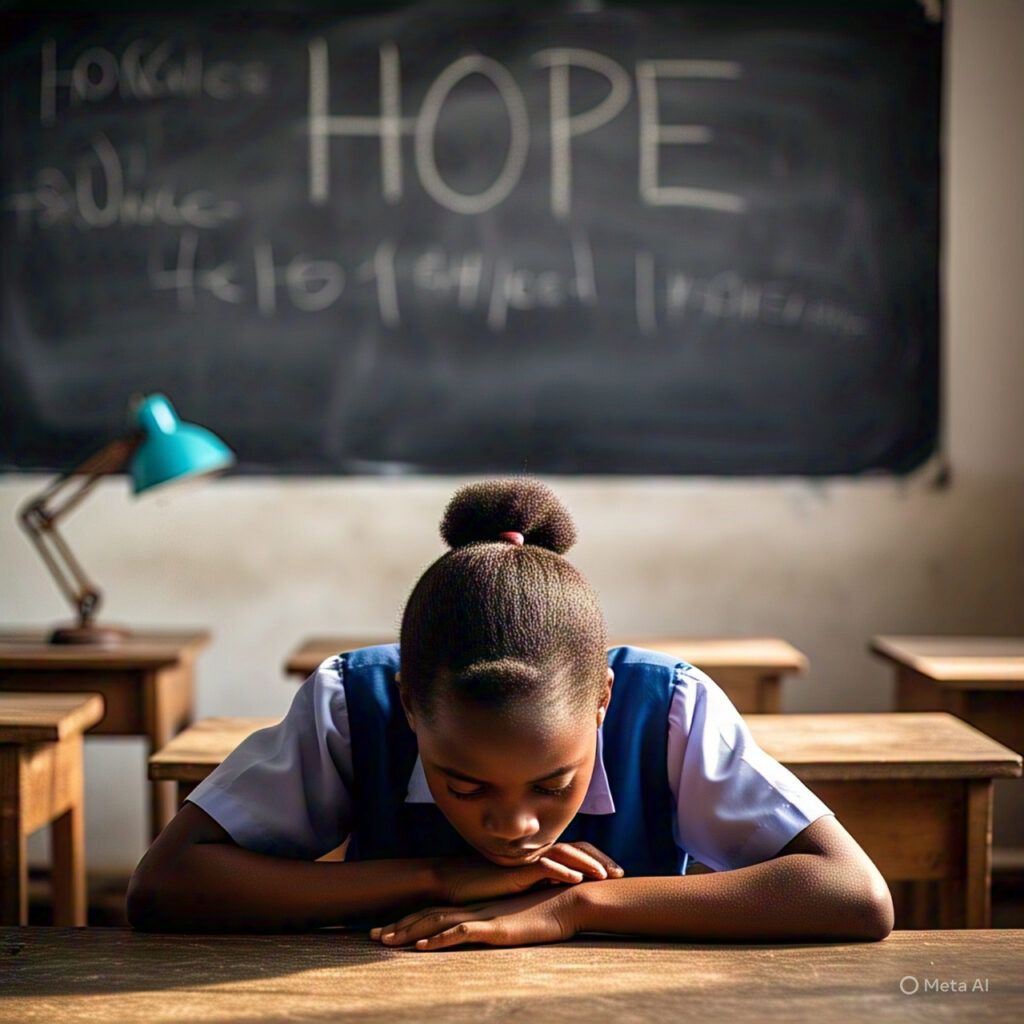
The Silent Struggle: Depression Among Ghanaian Youth
In the colorful streets of Accra, Kumasi, and beyond, you will see vibrant youth bustling with energy, ambition, and dreams. But behind many bright smiles lies an invisible, growing darkness — depression.
Depression among young people in Ghana has reached concerning levels, yet it remains largely hidden under layers of silence, stigma, and misunderstanding. Dr. David Rex Orgen, a best-selling author and renowned mental health expert, has spent years studying and counseling youth across Ghana, and he warns that depression is quietly stealing the future of an entire generation.

Understanding the Causes
Several forces contribute to this growing crisis.
First, societal pressure plays a major role. Young Ghanaians are often expected to “succeed at all costs” — get top grades, land high-paying jobs, marry early, and support their families. Failure to meet these milestones often leads to feelings of worthlessness.
Secondly, academic stress weighs heavily. From BECE to WASSCE to University, the fear of disappointing parents and community is crushing. Unemployment follows swiftly after school, compounding feelings of despair.
Additionally, the breakdown of traditional family support systems — due to migration, divorce, or death — leaves many young people emotionally vulnerable.
Lastly, social media paints unrealistic pictures of “perfect lives,” making ordinary youth feel inadequate and isolated.
The Hidden Effects
When depression goes unrecognized or untreated, it quietly erodes a young person’s self-esteem, energy, and hope. Many withdraw from school activities, isolate themselves from friends, or even engage in risky behaviors. Some attempt to “mask” the pain through substance abuse, excessive sleeping, or binge-eating. Tragically, some even contemplate suicide.
Yet because mental health conversations remain taboo in many Ghanaian homes, churches, and schools, these cries for help are often misinterpreted as laziness, rebellion, or attention-seeking.
Why It Matters
The youth are Ghana’s greatest treasure. If we lose them to untreated depression, we lose the innovators, leaders, and changemakers of tomorrow. As Dr. Orgen wisely says, “Mental health is national wealth.”
When young people are emotionally healthy, they thrive academically, socially, and economically.
When they are emotionally broken, it holds back not just individuals, but entire communities.
A Call to Action
The time to act is now. Dr. David Rex Orgen passionately calls on parents, educators, church leaders, policymakers, and community organizers to: Normalize mental health discussions at home, in schools, and in churches, Provide counseling and peer support groups for youth, Train teachers and pastors to recognize signs of depression, Make mental health services affordable and accessible in all regions.
No young person should have to suffer in silence. Healing begins when we listen, care, and take action.
At InspireMind Global, we are committed to raising a mentally strong generation — one youth, one heart, one life at a time. Join us. Let’s make mental health part of every conversation. Together, we can restore hope.
Recent Posts
When Cravings Speak Louder Than Words
Degrees Without Doors
Becoming the First Was Never About Recognition It Was About Assignment
Tags
+1 (614) 753-3925
info@inspiremindglobal.com




